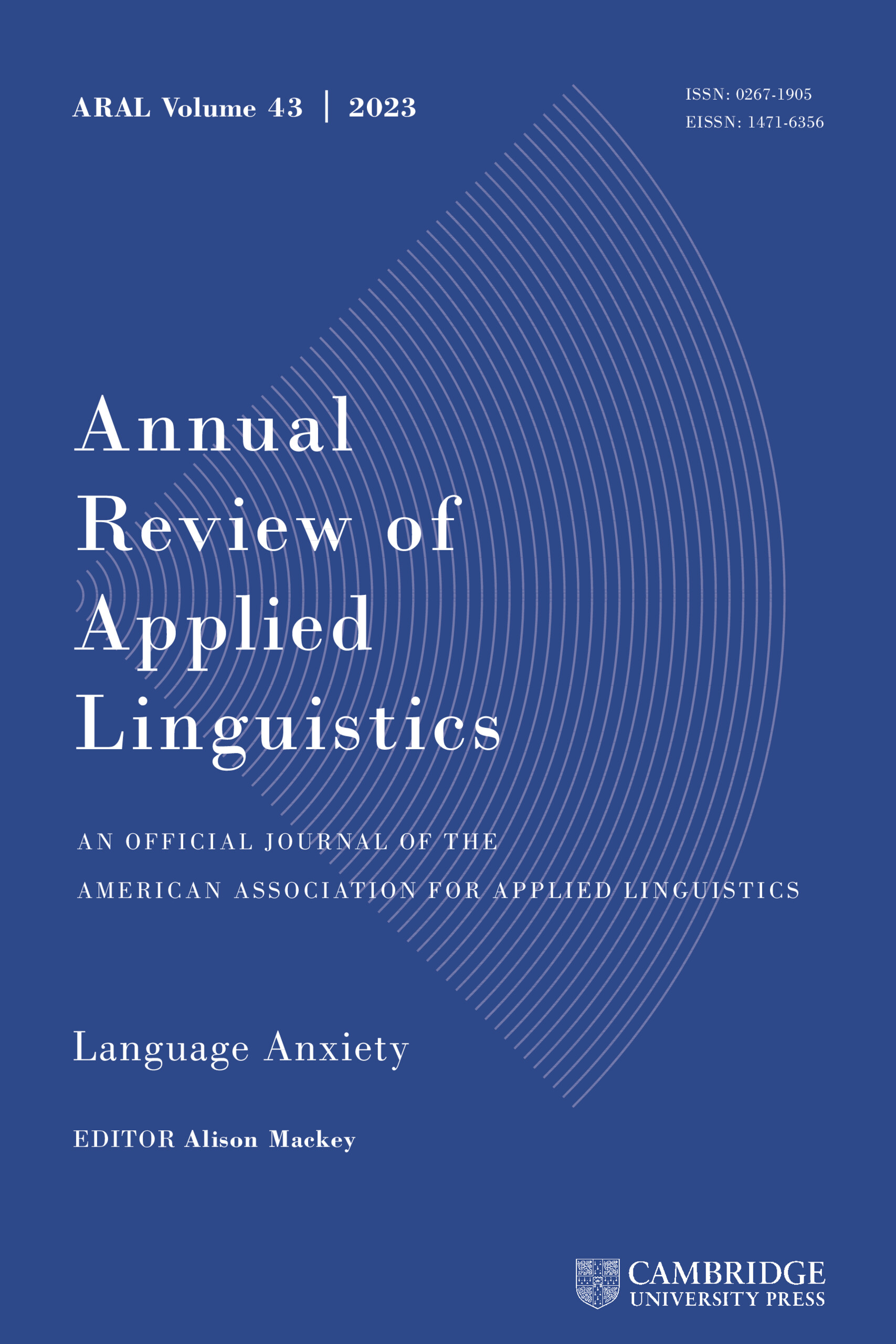Article contents
A meeting of the minds: Broadening horizons in the study of linguistic discrimination and social justice through sociolinguistic and psycholinguistic approaches
Published online by Cambridge University Press: 02 March 2022
Abstract 1
Understanding social justice as it relates to linguistic discrimination and identity requires consideration of both production and perception. As linguists and cognitive psychologists become more attuned to talking about social justice, the need to discuss linguistic human behaviors through a sociocognitive lens becomes more pertinent than ever. This article offers a sociocognitive approach to linguistic analysis as a means to combat linguistic discrimination in the pursuit of social justice. Having negative ideologies about a particular group of people, especially a minoritized group, influences linguistic prediction and perceptions. Together, sociolinguistic and psychological methodologies are necessary to navigate a world in which people use linguistic knowledge to make decisions and predictions about their interlocutors. I use sociocognitive approaches as vehicles for social justice, centering African American English and Anti-Black Racism. The limited existing sociocognitive linguistic research indicates that listeners may modulate their linguistic expectations during cognitive processing based on speaker identity and stereotypes of speakers. As linguistic discrimination is ever-present in U.S. society, in addition to describing sociocognitive solutions, this article also represents a call to action for researchers to empirically test ideological claims about linguistic varieties that are passively accepted, strengthen replicability, and broaden approaches to the study of minoritized varieties more generally. Hopefully, this article will inspire linguistics researchers to consider all factors, cognitive and social, related to linguistic perception, further contributing to a greater understanding of how to combat linguistic discrimination from a multidimensional frame.
- Type
- Research Article
- Information
- Copyright
- Copyright © The Author(s), 2022. Published by Cambridge University Press
References
- 2
- Cited by



